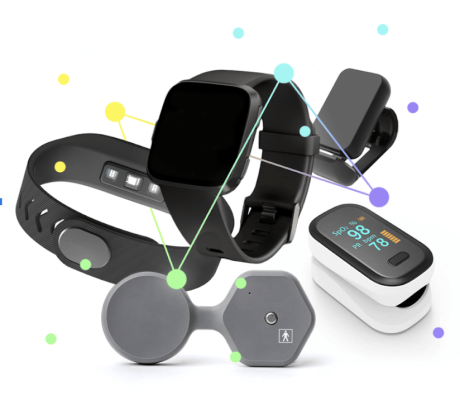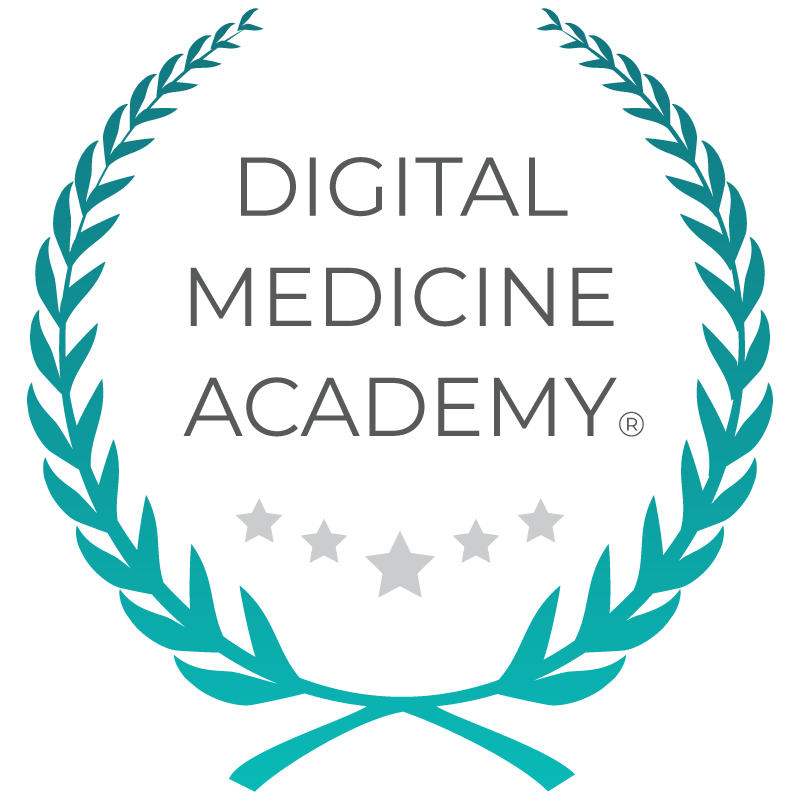
The year fitness-trackers became health-monitors
In a year when a global pandemic has left many hospitals strained beyond their means, many clinicians have embraced using fitness-trackers and other devices to monitor patients’ health remotely. Researchers, too, have had to get creative for clinical trials as their recruitment has dipped nearly 80 percent.
For better or worse, the events of 2020 may have been what inadvertently catalyzed the elevation of the humble fitness-tracker into a powerful health monitoring tool.
Consider that, in just the last few months….
- Fitbit got its ECG app cleared by the FDA and is in the process of being bought by Google for $2 billion
- Apple launched a watch dedicated largely to health monitoring, including the measurement of blood oxygen levels
- Amazon released their Halo App and Band that measures heart-rate and temperature and claims to even be able to detect and correct your tone of voice
The speed of innovation makes it more important than ever that we standardize best practices for remote-monitoring systems to ensure that they are being used safely, effectively, ethically, and equitably.
Case in point: Despite the hype surrounding digital monitoring, only 11 percent of telehealth visits made use of remote monitoring during the pandemic. That’s according to a recent telehealth study conducted by a coalition that includes groups like the American Medical Association, the Mayo Clinic, and the Digital Medicine Society (DiMe), the FDA-vetted professional society I have the privilege of leading.
With these issues in mind, and in partnership with our colleagues at Elektra Labs, Genentech, Koneksa, Myokardia, Sage Bionetworks, and Scripps Research, this fall DiMe launched The Playbook, the industry guide for successfully developing and deploying digital clinical measures and remote monitoring. We launched with input from our FDA colleagues and participants from more than 200 organizations across the globe.
Within weeks of the launch, The Playbook had been downloaded thousands of times and was being used by a wide range of partners, including pharmaceutical giants like Merck and Pfizer.
“We are on the brink of digital clinical measures going from being seen as “nice to have” to becoming critically important and absolutely necessary. The Playbook will help demonstrate to pharma companies, academic institutions and regulatory agencies the value of including digital endpoints in ALL clinical studies.”
– David Caouette, Executive Director, Head of Digital Data Science & the PfIRe Lab, ECD, Pfizer
“This is a big opportunity to be part of something much bigger than any single project; being able to help shape the landscape and influence the digital health field is extremely exciting to me!”
– Jie Ren, Associate Principal Scientist, Merck & Co., Inc.
The impact of The Playbook will continue to grow through a series of collaborative efforts we call “Tours of Duty” which we view as the cornerstone of our DiMe approach to developing clinical quality evidence on a tech timeline. Tours of Duty are 4 to 6-month collaborative, open-science sprint efforts, each addressing a pressing challenge needed to advance the safe, effective, ethical, and equitable use of digital health technologies.
Over 180 individuals and organizations applied to participate in our latest Tour of Duty, “The Playbook: Driving adoption”. This Tour seeks to drive adoption of The Playbook as not just a shared foundation, but as the gold standard for the development and deployment of digital clinical measures that matter.

Under the pressure of the greatest public health crisis of our lifetimes, it has been heartening to see companies from life sciences, healthcare, and technology come together alongside patient experts and regulators to collaborate on these problems. Our goals are the same: to ensure that trustworthy remote monitoring becomes the new normal in post-COVID approaches to clinical research, patient care, and public health.
Since our inception, DiMe has defined digital medicine as the use of high-quality, evidence-based digital technologies to support the practice of medicine. If 2020 is the year that fitness-trackers became health-monitors, our focus on evidence has never been more important.
You can stay up to date with our work to advance The Playbook by subscribing for updates. You can participate by providing your feedback at playbook.dimesociety.org.
h/t to Jessilyn Dunn, Jeanne Chung, and Adam Conner-Simons for their expert insights into this piece.



